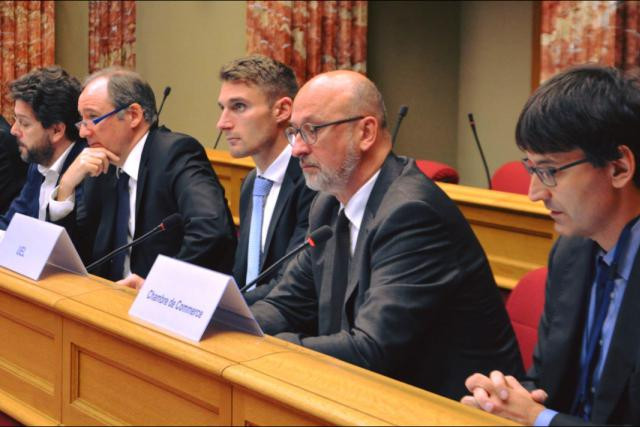The strategy creates a road map for Luxembourg’s future following sustainable principles laid out in Jeremy Rifkin’s third industrial revolution model.
A first report was published in November 2016 and on Thursday, people from across society gave their views to parliament on how the strategy can be deployed, and the challenges that will entail.
According to our sister magazine, Paperjam, during the discussions, Luxembourg’s enterprise union (UEL) and Chambre des Métiers (trades union) stressed the need for a new growth model. Employers’ representatives, meanwhile, underlined the paradox of the current model: unparalleled economic success, population growth, growing import of labour and significant transport and infrastructure shortfalls. And “yet, this extensive growth is not enough to ensure sustainability of the general pension insurance system,” the UEL said.
It warned of a significant increase in Luxembourg’s public debt as a result of costs associated with an ageing population and a dwindling pension pot.
The UEL also highlighted the paradox of the low or zero gains in productivity in which “we are working more, but not better.”
Employers called for a strategy for “intensive and qualitative growth by reducing negative externalities”, for example by focusing on the resident workforce as opposed to the cross-border workers.
UEL was upbeat about the third industrial revolution transition saying Luxembourg “has many assets” to implement it, citing the innovative spirit and reactivity of the country, for example by being early adopters of EU directives which benefit the market.
It further said Luxembourg must take advantage of its openness to the world to be inspired by ideas from abroad. However, established companies must support the digital revolution and convergence of products and services, while encouraging the creation of new start-ups.
Following the discussions, three areas were highlighted for further examination: the flexibility of the labour market, resource management to increase productivity and being open to new models. The UEL also reminded parliament that to implement the strategy would require state, legislative and governance revisions.
Meanwhile, the ecological movement called for a debate of substance and trade union the OGBL wants to match productivity gain and added value for each individual.
The hearing precedes a consultation debate to be held in parliament in mid-November.
